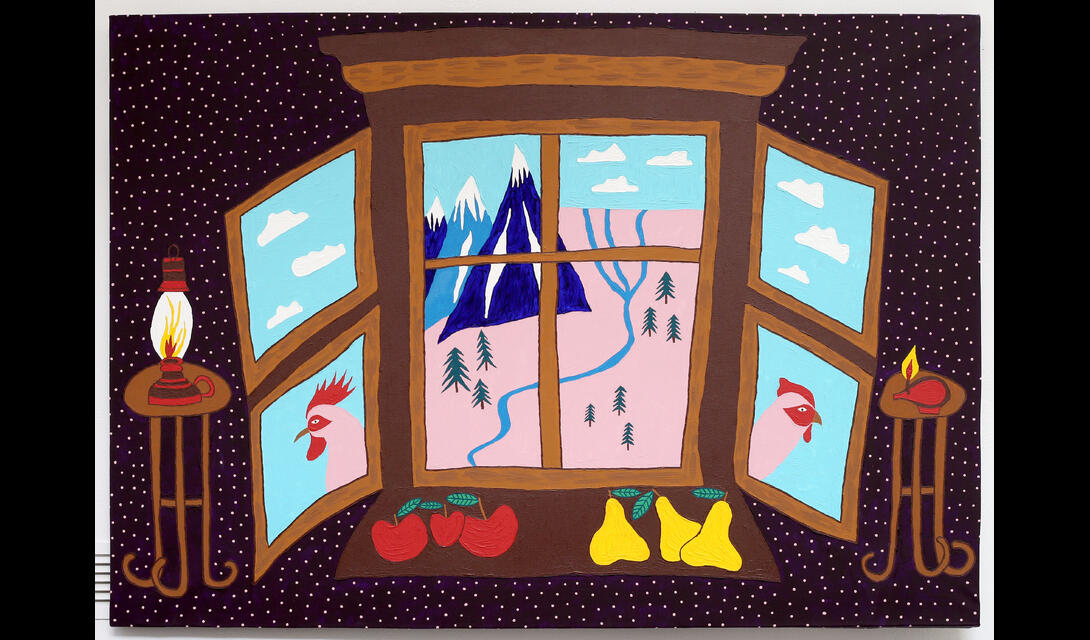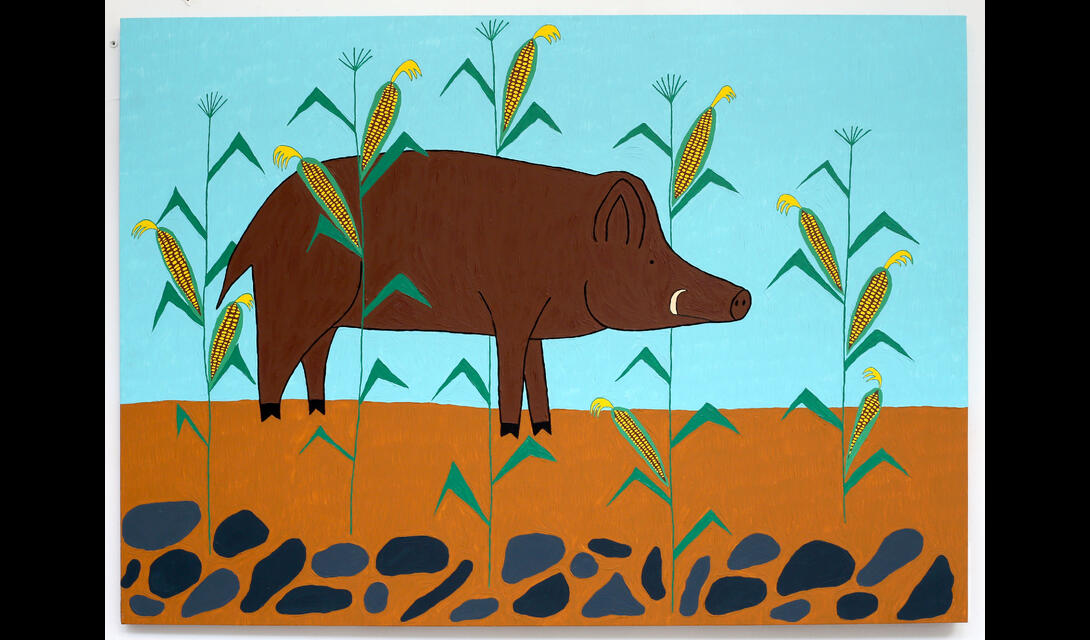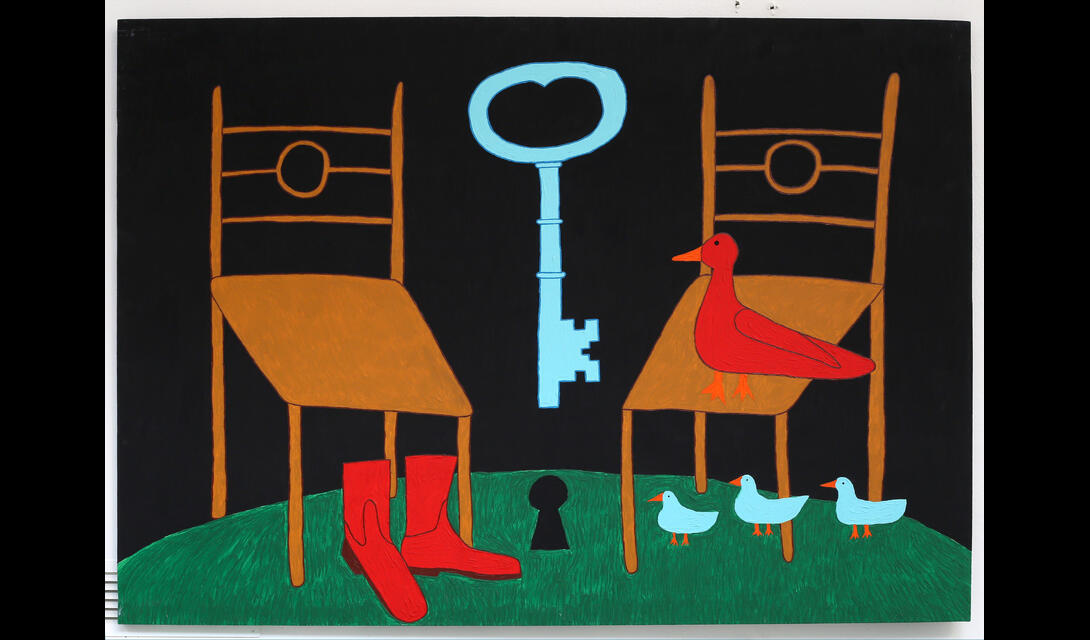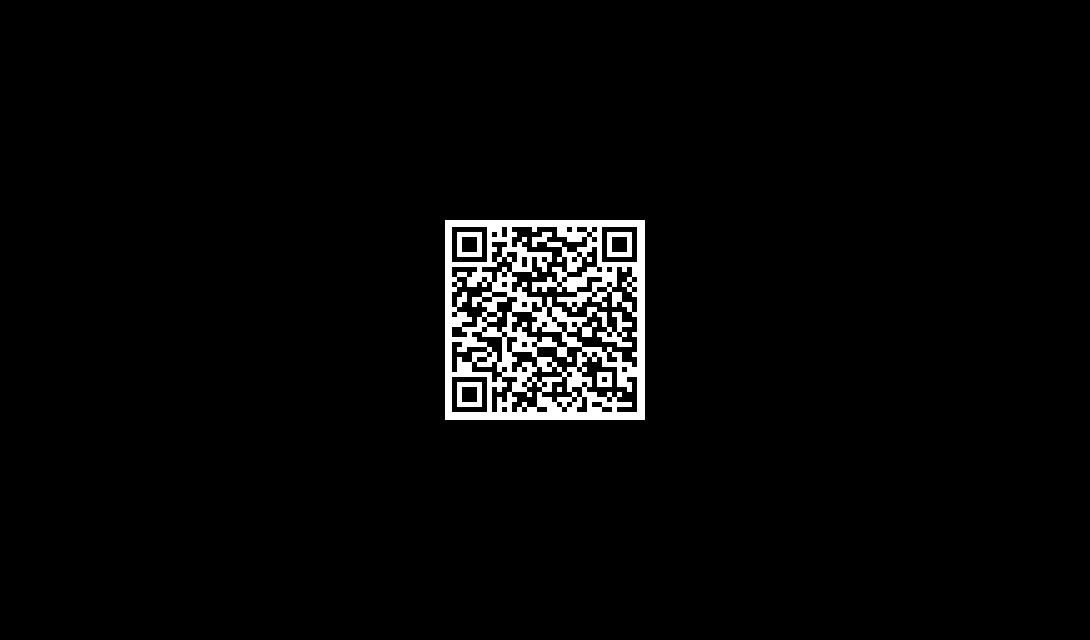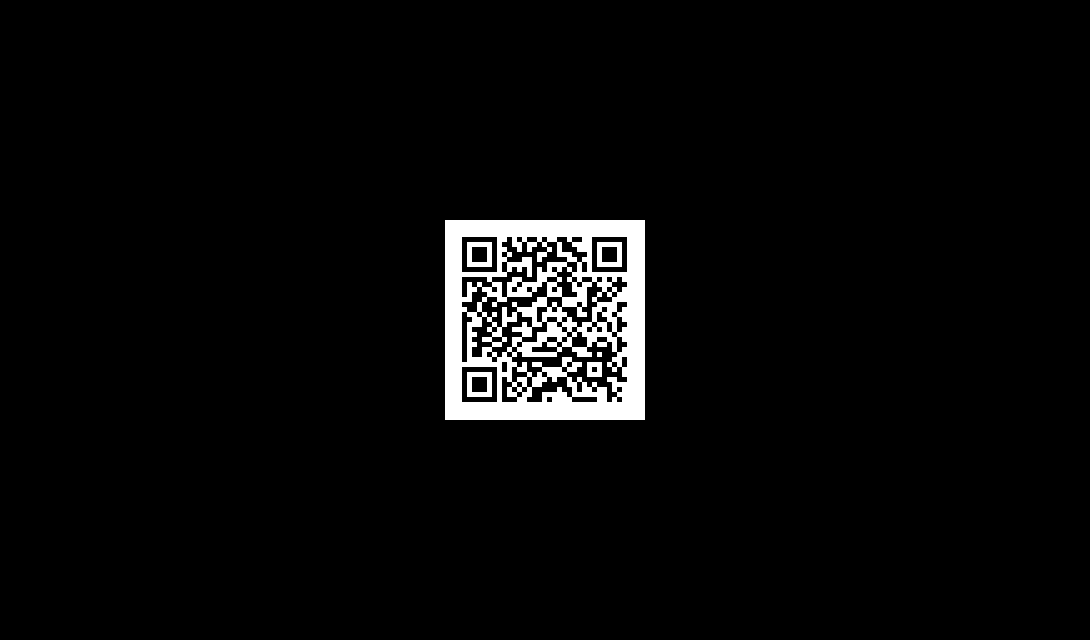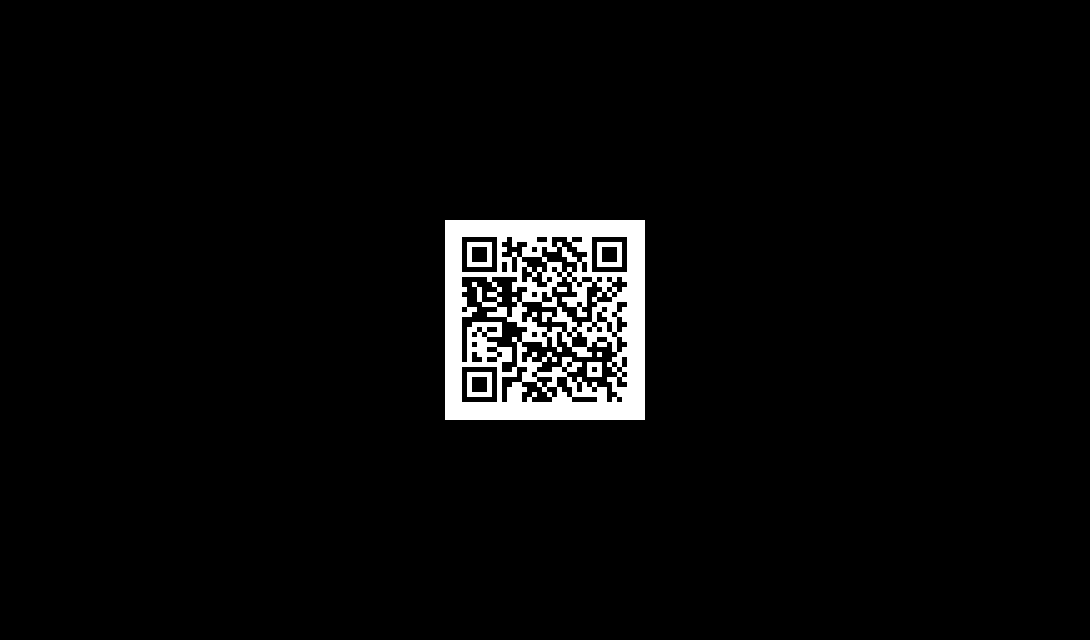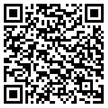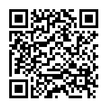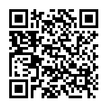Works
Window (Прозорце)
"Прозорце" in Bulgarian means window. I first heard this word at a residency when Yaroslav, one of the workshop participants, read poetry in Bulgarian aloud.
The painting depicts an open window with a beautiful landscape beyond. In the distance, there are three mountains, three rivers flowing far away, and three pine trees on either side. On the windowsill lie three apples and three pears. The open window and distant landscape symbolize the soul's departure to a better world, its birth in the realm of spirit. This represents the transformation of grief into pure love. The number three serves as the key to time – the past transitioning into the present, which in turn flows into the future. On either side of the window stand two lamps symbolizing lineage, the light that emanates from ancestors, mother and father. A kerosene lamp represents paternal ancestors, while a lampada symbolizes maternal ancestors.
The Grace of One Who Lacks Perfect Lines
A massive, battle-ready boar got lost in a cornfield. At first glance, a strong boar could trample the corn and easily break free, but the corn seems to hold it with invisible threads. The boar is bewildered and doesn’t know what to do next. This image symbolizes a person’s loss of freedom. At first glance, one might seem free to pursue dreams and ambitions, but invisible threads of social conventions and familial ties hold them tightly, keeping them trapped in their own "cornfield."
In cultures worldwide, the boar symbolizes strength and combativeness. In my painting, the boar embodies the image of young Nazar Voiotovych, who took responsibility, managed to escape the "cornfield," rushed to defend his homeland, and was killed by a bullet. While creating this painting, Yuri, Nazar’s father, approached me and shared a story about hunting when he encountered a boar in a cornfield.
Time is the Key to Everything
On my first day at the residency, we visited a cemetery to honor Nazar’s memory with his family and the villagers. During the service, I stood next to Nazar’s mother, who wept bitterly the entire time.
The painting shows two chairs. Beside the first chair are empty red boots – bloodied boots belonging to Nazar, who never returned home. On the second chair sits a red duck. In the village of Travneve, there are many ducks, and the duck became for me a symbol of femininity, homemaking, and motherhood. The duck represents Nazar’s mother, who has taken on the red color of the boots, bearing the grief of losing her son. The scene takes place at night, symbolizing deep sorrow. Between the chairs, a massive sky-blue key stretches from the heavens to the earth. This is time – the key to everything, which will unlock and heal this grief. The sky-blue color of the key signifies a new day. The same color is reflected in the little ducklings under the mother’s chair, symbolizing the future where wounds are healed.
During the creation of this painting, Nazar’s father Yuri shared that last year, all the ducks in Travneve were sky-blue.


